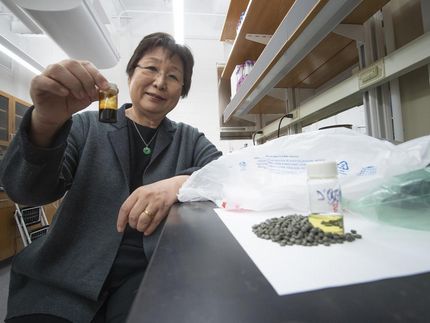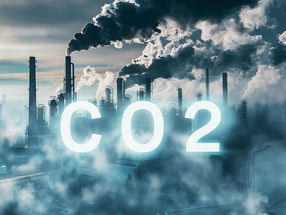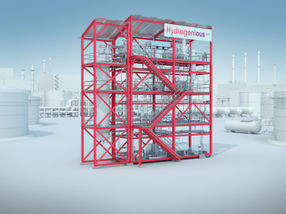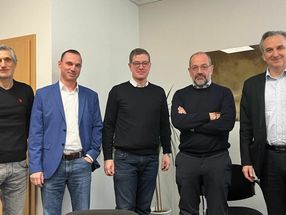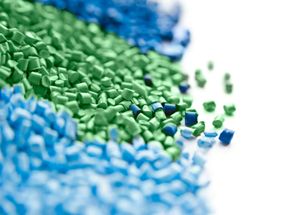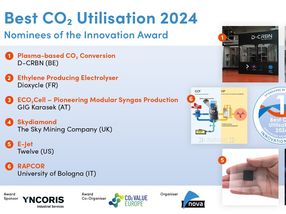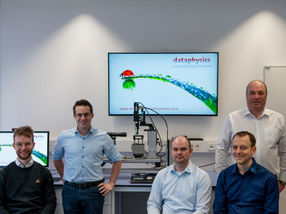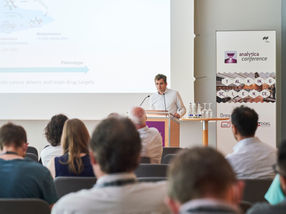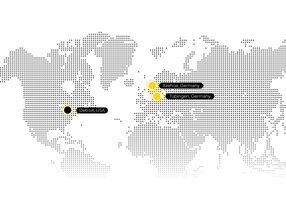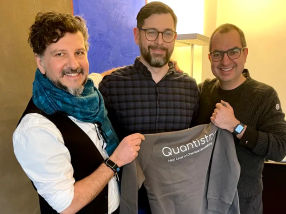Ciba Specialty Chemicals and EPI Environmental Technologies to cooperate in additives for degradable polymers
Ciba specialty chemicals Inc., the leading global polymer additives supplier, and EPI Environmental Technologies Inc., a supplier of products for totally degradable plastic applications, have signed a global cooperation agreement. Effective April 15th, 2001, Ciba will become exclusive distributor of EPI additives for the agricultural industry. The products, previously sold as AGP(tm), will be distributed by Ciba under the trade name Ciba® Envirocare(tm). The range includes additives for degradable plastics used in agriculture, such as mulch films, banana bags, direct covers, non-wovens and twines. EPI will continue to sell and distribute DCP(tm) (Degradable Compostable Plastic) additives which make single use plastic products such as garbage bags, shopping bags and diapers compostable and/or biodegradable. "This cooperation with EPI expands Ciba's broad offering in the field of products and effects for plastics used in agricultural applications. It will enable us to offer integrated solutions fulfilling customer needs", said Felix Meyer, Head of Ciba's plastic additives Segment. "EPI's expertise also ideally complements our existing technology supporting plastic recycling, marketed as Ciba® Recyclostab®, Recyclossorb® and Recycloblend® additives." Joseph G. Gho, President and CEO, EPI Environmental Technologies Inc. said, "Ciba's global presence in the agricultural plastic market will provide the best platform for geographic growth and the development of new applications based on EPI's technology." EnvirocareTM additives are specialty chemicals to be added to conventional thermoplastic polymers like polyethylene and polypropylene to produce, on standard manufacturing machines, degradable plastic articles with controlled lifetimes, thanks to a trigger mechanism based on thermal- and/or photo-Oxidation. Field trials have shown that mulch films incorporating these additives will be sufficiently embrittled by the end of the growing season to be easily mixed with the soil during routine cultivation. The polymer will then be totally degraded in the soil. This innovative technology provides an alternative to land-filling or burning for agricultural applications where re-collection, transportation, post-treatment and recycling cost are often prohibitive.
Most read news
Other news from the department business & finance

Get the chemical industry in your inbox
From now on, don't miss a thing: Our newsletter for the chemical industry, analytics, lab technology and process engineering brings you up to date every Tuesday and Thursday. The latest industry news, product highlights and innovations - compact and easy to understand in your inbox. Researched by us so you don't have to.
